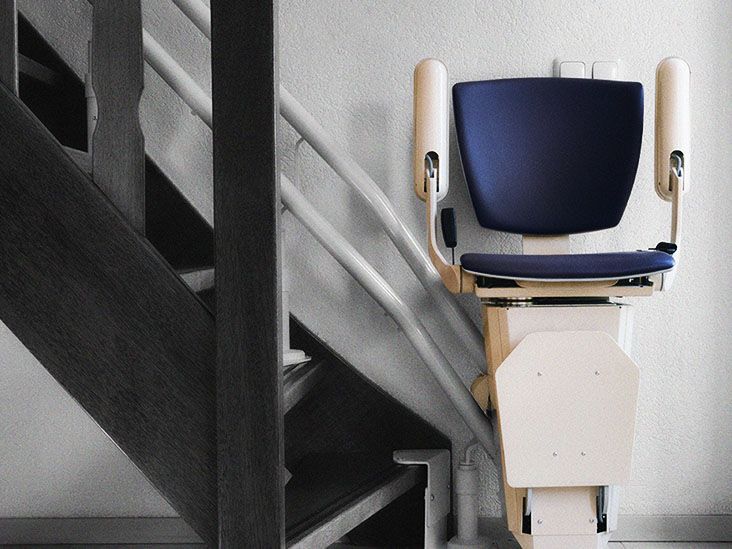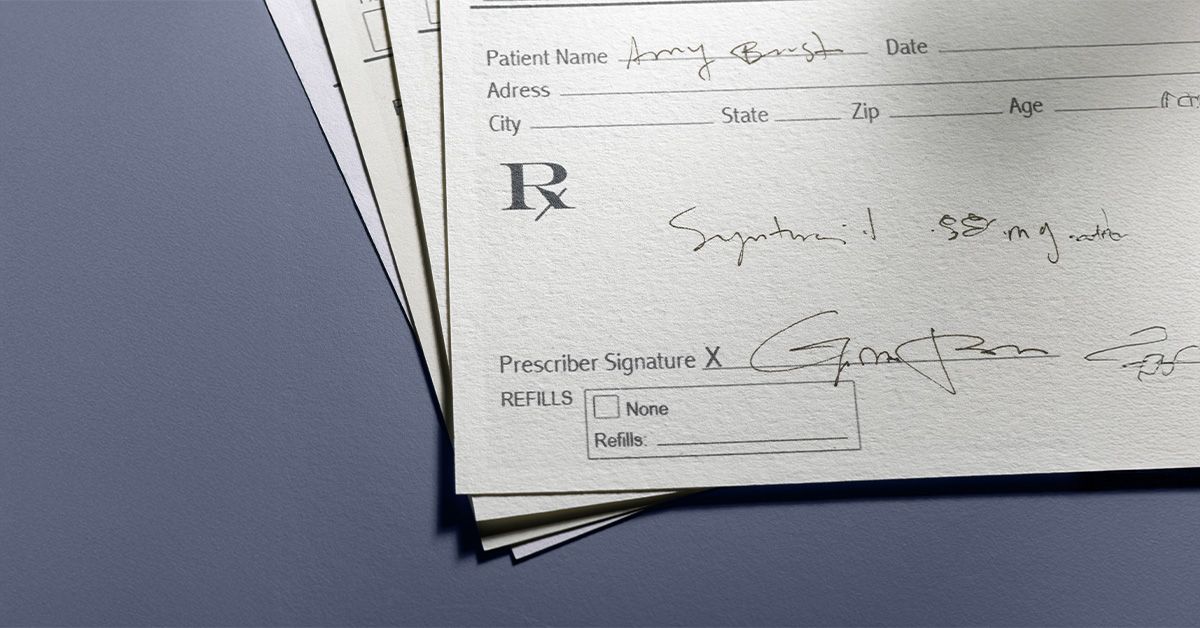Hey there! If you're scratching your head wondering how Medicare works in Washington, you're definitely not alone. I mean, navigating the world of healthcare coverage can feel like trying to solve a puzzle blindfolded especially when you're dealing with something as important as Medicare.
But here's the good news: you don't have to figure this out by yourself. Whether you're approaching that big 6-5 milestone, caring for a loved one, or just want to get a head start on understanding your options, I'm here to walk you through everything you need to know about Medicare in Washington. Think of me as your friendly guide through this maze!
Understanding Medicare Basics
Let's start with the fundamentals. Medicare is a federal health insurance program, but each state including our beautiful Washington has its own special flavor when it comes to implementation and support. In Washington, you'll find some really helpful resources that make the whole process a lot less intimidating.
You might be wondering who actually qualifies for Medicare here in the Evergreen State. Well, the main criteria are pretty straightforward:
- If you're 65 or older
- If you're under 65 but receiving Social Security Disability benefits for at least 24 months
- If you have End-Stage Renal Disease (permanent kidney failure requiring dialysis or a transplant)
- If you have Amyotrophic Lateral Sclerosis (ALS, also known as Lou Gehrig's disease)
And the best part? You don't need to have lived in Washington your whole life. As long as you're a Washington resident when you apply, you're eligible for all the wonderful support our state offers.
Your Coverage Options Explained
Now, here's where things can get a bit confusing but I promise it'll make sense soon. Medicare comes in different parts, kind of like a meal with multiple courses. Let me break it down for you:
Original Medicare consists of Part A (hospital insurance) and Part B (medical insurance). This is the standard federal plan that covers you across the country. Part A typically doesn't cost a monthly premium if you or your spouse paid Medicare taxes while working, while Part B does come with a monthly premium.
Then there's Medicare Advantage (Part C), which are private insurance plans that provide all your Part A and Part B benefits, and often include additional perks like dental, vision, and prescription drug coverage. These plans can be really attractive because they often offer more comprehensive coverage for a similar or sometimes lower cost than Original Medicare.
Many Washington residents also choose Medigap policies, which are supplemental insurance plans that help cover the costs that Original Medicare doesn't pay like copayments, coinsurance, and deductibles. Think of Medigap as your trusty sidekick, helping you save money when those unexpected medical expenses pop up.
And of course, there's Part D for prescription drug coverage, which you can get as a standalone plan if you're on Original Medicare, or it's often included in Medicare Advantage plans.
I love how Medicare Advantage plans in Washington often bundle so many benefits together it's like getting a complete health care package in one convenient plan.
| Plan Type | Monthly Premium | Out-of-Pocket Costs | Network Requirements |
|---|---|---|---|
| Original Medicare | Part A (usually free), Part B ($174.70 in 2024) | Deductibles, coinsurance (up to 20%) | Nationwide coverage |
| Medicare Advantage | $0-$100+ depending on plan | Copays, deductibles vary by plan | In-network providers |
| Medigap | $100-$400+ depending on plan | Low to no out-of-pocket after Medigap pays | Works with any Medicare-accepting provider |
Making the Right Choice for You
Choosing the right Medicare plan is like picking the perfect pair of shoes what works for your neighbor might not work for you. It's all about finding that sweet spot that fits your specific needs and budget.
When I'm helping friends think through their options, I always encourage them to consider a few key questions:
What's your health like? If you see specialists regularly or take multiple medications, you'll want to make sure those providers and prescriptions are covered. Do you travel often? If so, plans with nationwide networks might be more beneficial. What's your budget for monthly premiums versus out-of-pocket costs?
Medigap in Washington can be particularly appealing for people who want the flexibility to see any doctor who accepts Medicare and don't mind paying a higher monthly premium for predictability in their medical expenses.
And let me tell you about Medicare Advantage plans in Washington they've really stepped up their game. Many include gym memberships, transportation services, and even telehealth options. Some even offer over-the-counter health benefits that can save you money on everyday health items!
Free Help Is Just a Phone Call Away
Here's something that really warms my heart about Washington: we have incredible free resources to help you navigate Medicare. The Statewide Health Insurance Benefits Advisors (SHIBA) program is absolutely fantastic. These are trained volunteers who provide one-on-one, completely unbiased assistance with Medicare questions.
I've seen firsthand how much these counselors help people feel confident about their coverage decisions. They're not selling anything they're just there to help you understand your options and make informed decisions. You can reach them at 1-800-562-6900, and they're available Monday through Friday from 8:30 AM to 4:30 PM.
What I really love is that SHIBA has local offices throughout Washington, from King County to Spokane to Yakima. There's something so reassuring about being able to sit down face-to-face with someone who knows the local healthcare landscape. They also host educational events throughout the year, which can be really helpful if you learn better in a group setting.
You can find your local SHIBA office and even check out their upcoming events calendar. These workshops are goldmines of information, and there's no pressure just helpful folks sharing their knowledge.
Financial Assistance That Can Make a Real Difference
Let's talk about something that matters to a lot of people: the cost. Medicare can be expensive, but Washington offers some really helpful financial assistance programs that can make a significant difference in your monthly budget.
The Medicare Savings Programs (MSPs) are state programs that help with Medicare costs if your income and resources are limited. These programs can help pay your Part B premium, and some even help with deductibles and copayments. It's like having a financial superhero looking out for you!
There's also the Extra Help program (also known as the Low-Income Subsidy) from the federal government, which helps with Part D prescription drug plan costs. If you're struggling to afford your medications, this program can be a game-changer.
The income limits and requirements do change each year, so it's worth checking with the Department of Social and Health Services to see if you might qualify for these programs. The folks at DSHS are really helpful and can walk you through the application process.
Your Rights and Protections
Knowing your rights is crucial when it comes to Medicare, and Washington provides some excellent advocacy support. If Medicare denies a service or payment, you have the right to appeal that decision. And guess what? SHIBA counselors can help you with the appeals process too.
It really frustrates me when I hear about people falling victim to Medicare scams. These scammers are getting more sophisticated, but being educated is your best protection. SHIBA offers great resources on how to spot and avoid scams, and if you suspect fraud, you can report it directly through their website.
Remember: legitimate Medicare representatives will never come to your door uninvited or call you out of the blue demanding personal information. If something feels off, trust your instincts and reach out to SHIBA for guidance.
Timing Your Enrollment Just Right
When to sign up for Medicare can be tricky kind of like trying to catch the perfect wave. Get it right, and everything flows smoothly. Get it wrong, and you might face penalties or gaps in coverage.
The Initial Enrollment Period is a 7-month window that starts 3 months before you turn 65, includes the month you turn 65, and ends 3 months after that birthday month. This is your golden opportunity to enroll without penalties.
Here's something that catches people off guard: if you're already receiving Social Security benefits, you'll be automatically enrolled in Parts A and B. But if you're not, you need to actively sign up through Social Security. It's one of those things that's easy to miss if you're not paying attention.
If you miss your Initial Enrollment Period, don't panic there are other opportunities to enroll, though you might face late enrollment penalties. The General Enrollment Period runs from January 1 to March 31 each year, with coverage starting July 1.
Putting It All Together
As we wrap this up, I want you to remember something important: navigating Medicare in Washington doesn't have to be overwhelming. You have options, resources, and people who genuinely want to help you succeed.
Whether you're drawn to the flexibility of Original Medicare paired with a good Medigap plan, or you're excited about the comprehensive benefits of a Medicare Advantage plan, there's something out there that's perfect for your situation. The key is taking the time to explore your options and get the right support.
Washington really does a great job supporting its Medicare beneficiaries. From the helpful resources through SHIBA to the additional financial assistance programs, our state has your back. Don't be afraid to reach out and ask for help that's what these services are there for!
As you start this journey, remember that it's okay to take your time with the decision. Medicare is a significant part of your healthcare future, so choosing the right plan is worth some careful consideration. Talk to your doctors about what they recommend, check out the plan options, and don't hesitate to call SHIBA if you have questions.
You've got this! And remember, I'm rooting for you as you take this important step toward securing your healthcare needs. Here's to finding the perfect Medicare plan that gives you peace of mind and keeps you healthy for all the adventures ahead in beautiful Washington!
FAQs
What are the eligibility requirements for Medicare in Washington?
You may qualify for Medicare in Washington if you're 65 or older, under 65 with certain disabilities, or have specific conditions like ALS or End-Stage Renal Disease.
What is the difference between Medicare Advantage and Original Medicare?
Original Medicare includes Part A and Part B coverage and is managed by the federal government. Medicare Advantage plans are offered by private insurers and often include added benefits like prescription drug coverage and dental.
Can I get help paying for Medicare in Washington?
Yes, Washington offers Medicare Savings Programs and Extra Help for those with limited income to assist with premiums and prescription drug costs.
When can I enroll in Medicare in Washington?
Your Initial Enrollment Period begins 3 months before you turn 65 and ends 3 months after. If you miss that window, you can enroll during the General Enrollment Period each year.
Where can I get free assistance with Medicare in Washington?
The Statewide Health Insurance Benefits Advisors (SHIBA) program provides free, unbiased Medicare counseling and support to Washington residents.
Disclaimer: This article is for informational purposes only and does not constitute medical advice. Always consult with a healthcare professional before starting any new treatment regimen.
Related Coverage
Psychedelic waters remain federally illegal, but some states allow limited use. Learn about the complex legal status, safety concerns, and tips for responsible use....
Find the best Medicare in Iowa options, from plans to eligibility and resources. Get clear guidance tailored to your needs....
Embrace the power of superfoods and elevate your conscious lifestyle. Discover 15 nutrient-dense powerhouses that offer a wealth of benefits for your body, mind, and spirit....
Compare Medigap plans with ease. Find the right Medicare supplement coverage based on benefits, pricing methods, and your unique needs....
Get clear info on Medicare Arizona options, including Part A, B, C, and D. Find the best plan for your health and budget in 2025....
Compare Michigan Medicare plans and choose the right coverage for your health needs. Get support and save money....
Get clear info on South Dakota Medicare options, costs, and enrollment. Compare plans and find local help for 2025 coverage....
Find out how Medicare hospice coverage works, the benefit periods, what's covered, costs and how long you can receive care....
Medicare drug costs in 2025 are changing with a $2,000 out-of-pocket cap. See how much you’ll pay and how to save on prescriptions....
When a loved one passes, Medicare after death stops immediately, but prior claims can still be filed. Learn how bills are handled....









